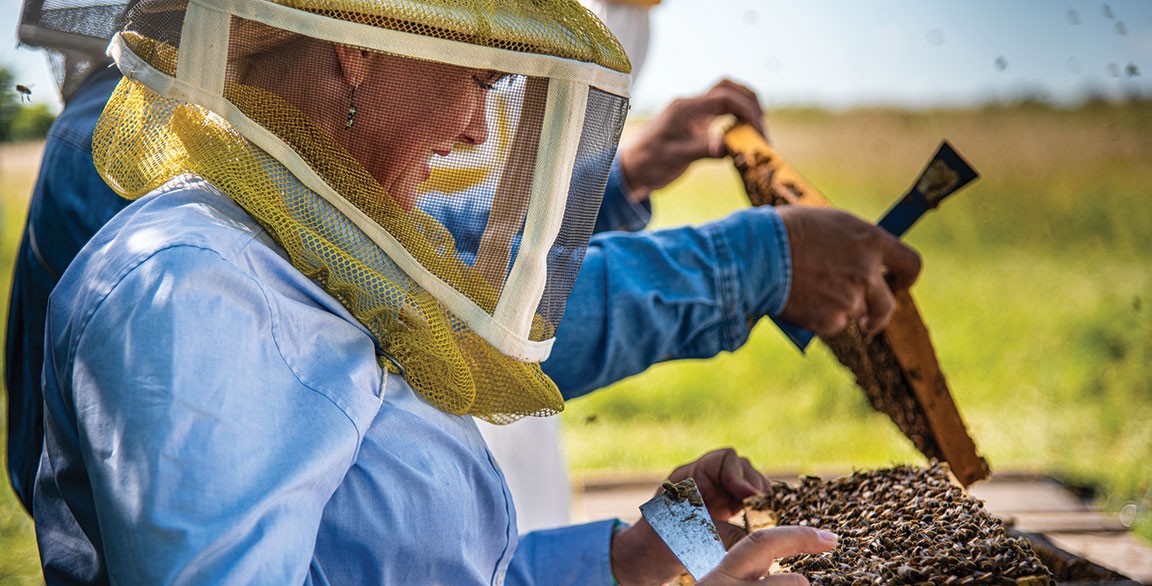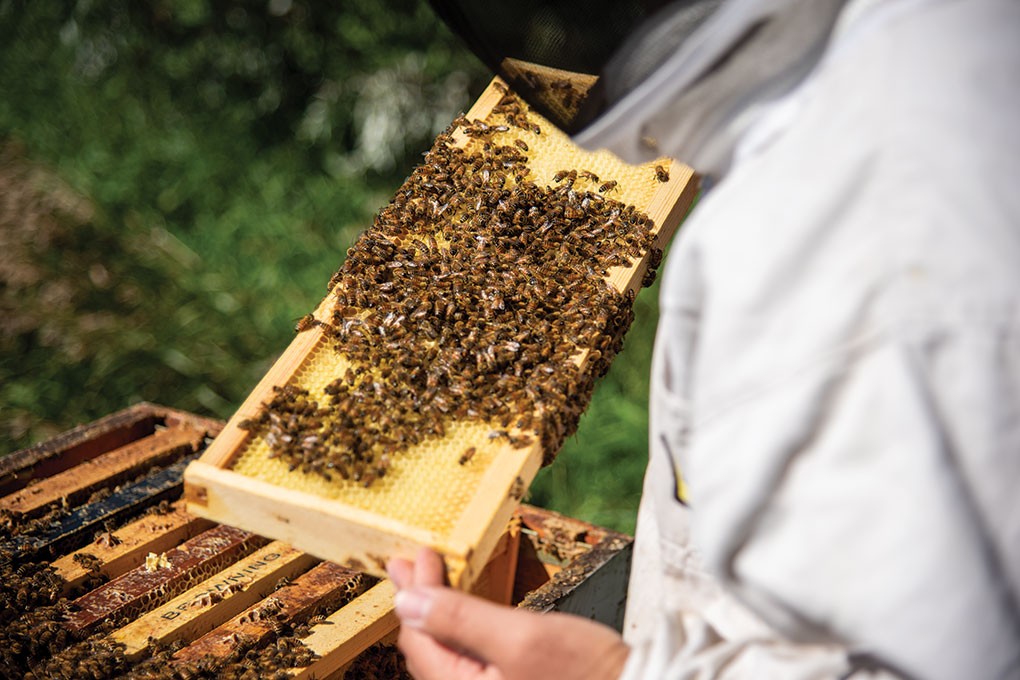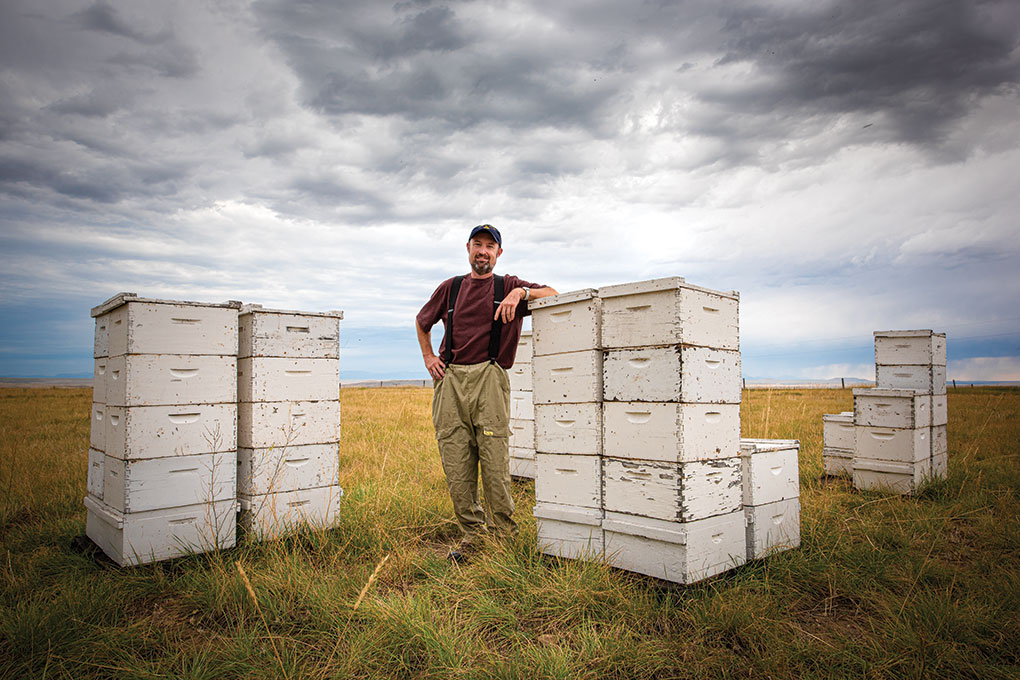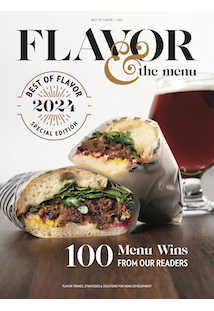

Restaurant brands are looking for ways to deepen their connection with their guests, given that so many touchpoints are lost today. Storytelling is a powerful way to forge that relationship. Sharing the narrative of how a beloved staple—honey—goes from hive to table, builds a pathway between nature, people, and the planet. The story of beekeeping, an age-old artisanal practice, adds remarkable dimension to your menu. Beekeepers are a vital part of the narrative, as they are the stewards of honey bees, essential creatures whose importance goes well beyond delicious honey.
POWERFUL POLLINATORS

“Beekeepers work at supporting good habitats and good nutrition for the bees, so the honey bees can overcome the stressors they face today and produce honey—as well as do the pollination work for other plants,” says Danielle Downey, Executive Director of Project Apis m.
“Sustainability is really important in the honey industry,” says Zac Browning, a beekeeper with Browning’s Honey, based in Idaho Falls, Idaho. “It’s not just about honey. When you’re talking about one third of our diet that depends on honey bees for pollination, what could be bigger than that?” In fact, through pollination, honey bees help produce many of the plant-based foods prevalent on today’s menus – from apples to avocados – in addition to nuts, spices, and even our beloved cup of coffee.
But it’s the honey they create, and that beekeepers harvest, that bees are perhaps best known for. “Honey is so special,” says Downey. A teaspoon of honey, she says, is the labor of thousands of bees. Beekeepers harvest the excess honey that bees produce, while ensuring these essential creatures have more than ample supplies to sustain themselves year-round.
A LABOR OF LOVE

Beekeeping has been a part of Mark Jensen’s family for generations. He has community support, with neighbors allowing him to keep bees on their properties so he can provide the best forage for his bees.
Beekeepers are passionate stewards of honey bees. It’s never been more challenging to keep healthy bees, says Downey. Still, beekeepers are finding solutions and learning more about honey bees to adjust to issues such as viruses, habitat loss, pesticide exposure and more. “We can start changing how we support bees. We just have to keep at it,” she says. And that’s what beekeepers are doing. Browning, whose family has been in the bee business for almost 100 years, explains that “producing honey is not just a craft. It’s actually an art. It is really something that we learn over time.”
Mark Jensen, a beekeeper with Smoot Honey Company in Power, Montana, compares beekeeping to the culinary arts. “Beekeeping is an artisanal craft. A labor of love,” he says. Beekeeping has been in his family for three generations. “The honey that we produce is really nice, light colored, good flavor. We’re really proud of that.”
It’s beekeepers’ stewardship of these tiny creatures that not only helps maintain the world’s food supply through pollination, but ensures the availability of versatile, all-natural honey. From drinks to dressings, desserts and more, honey serves as a clean-label flavor and functional ingredient that operators can be proud to feature on their menus.
To learn more about the craft of beekeeping, watch this video.







